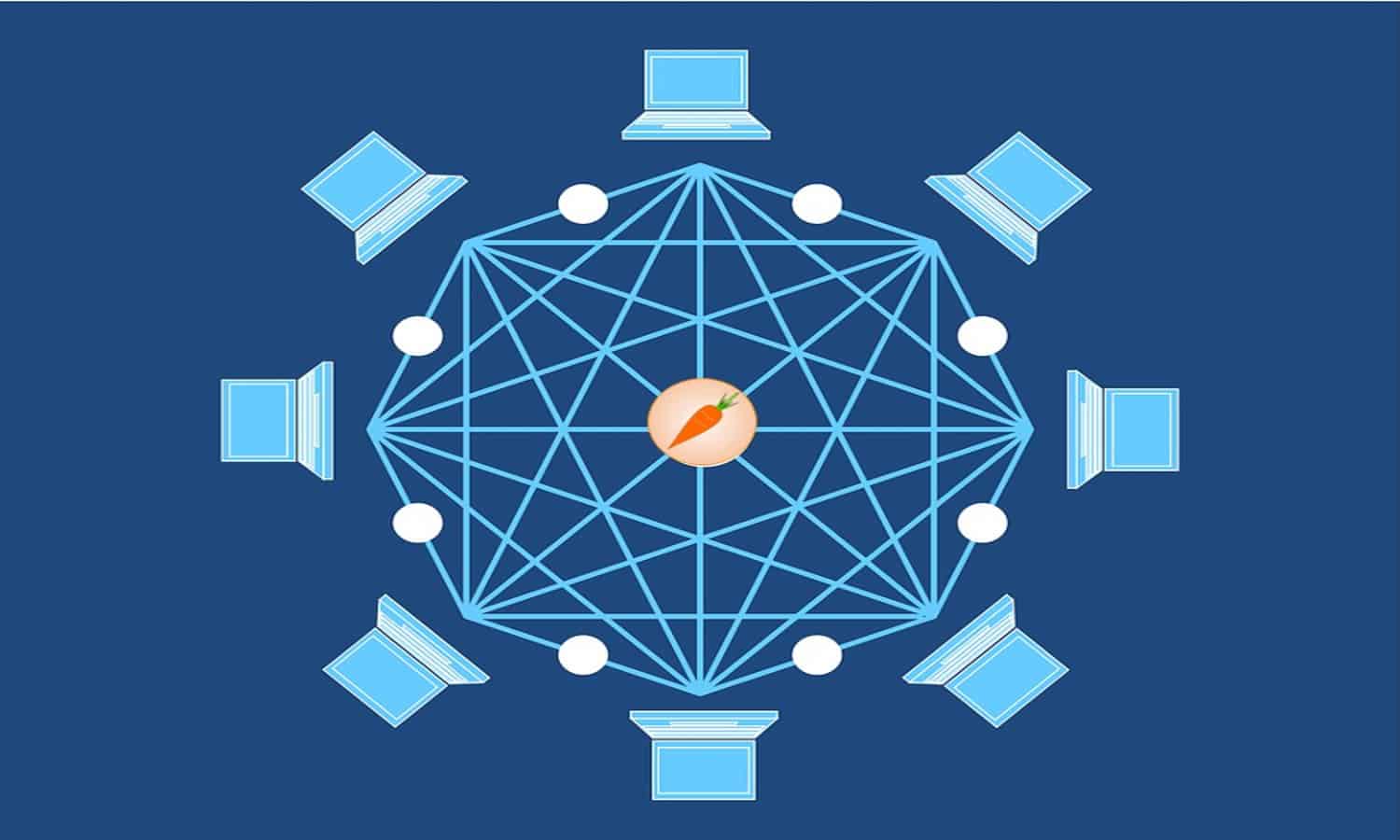Background: Cucumbers have a special place in my family’s shopping basket, and I would nearly go as far as to say have a special place in my family’s hearts. Now, this might sound a tad dramatic to some but let me set the scene. My mother is Estonian aka my mother cannot go a day […]
Defining Sustainable Food Supply Chains
Sustainable. Resilient. Inclusive. All words that are thrown around as often as a teething toddler throws tantrums but what do they mean in the context of food supply chains? The Covid-19 pandemic unequivocally highlighted the vulnerabilities and inadequacies of global food systems, with estimates of between 720 and 811 million people facing food insecurity in […]
What is the BLOCK against using Circular Economy to Build Back Better after Covid-19?
After the World Health Organisation (WHO) declared a novel coronavirus, ‘Covid-19’, a pandemic on the 11th of March 2020, a sprawling path of destruction soon followed. Government-imposed mandatory lockdowns restricting the movement of millions to isolate and limit cases ultimately saving the lives of many but concurrently gave rise to a severe increase in poor, unemployed and food-insecure people, exposing the vulnerabilities of global systems, disrupting global supply chains and the core sustaining pillars of modern world economies, causing the global economy to contract at a rate not seen since World War II (FAO, 2021).


